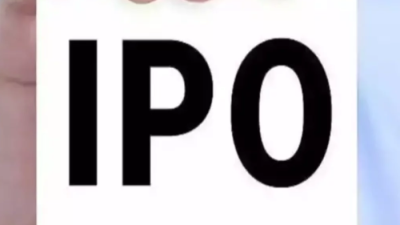Hentai, a genre of Japanese animated pornography, is a topic that elicits strong reactions and heated debates. While it has a significant cultural footprint within Japan and increasingly around the world, its controversial nature cannot be ignored. This article delves into the multifaceted world of hentai, examining its origins, the controversies surrounding it, and its cultural impact on modern media. Explore a wide range of hentai content on Hentai3z. Enjoy high-quality videos, images, and more on this popular website.
Origins and Evolution
The term “hentai” is derived from the Japanese word meaning “perverse” or “abnormal.” In the context of anime and manga, it specifically refers to sexually explicit content. Hentai has its roots in Japan’s long history of erotic art, which dates back to ancient woodblock prints known as “shunga” during the Edo period. These early works depicted explicit sexual acts and were often imbued with humor and exaggerated elements.
With the advent of modern manga and anime in the 20th century, hentai evolved into a distinct genre. The 1980s and 1990s saw a significant rise in its popularity, fueled by the availability of adult-themed manga and the emergence of adult animation, or “ero-anime.” This period also marked the beginning of its global spread, as international audiences became curious about Japan’s unique approach to erotic content.
Controversies and Criticisms
Hentai is not without its critics. The genre has been the subject of intense controversy, primarily due to its explicit nature and the themes it sometimes explores. One major point of contention is the portrayal of extreme and often violent sexual fantasies. Critics argue that such depictions can contribute to the normalization of sexual violence and harmful stereotypes.
Another significant issue is the representation of minors in hentai, often termed “lolicon” (derived from “Lolita Complex”). This subgenre features characters who appear underage, which raises serious ethical and legal concerns. Many countries have laws against child pornography, and the inclusion of such content in hentai has led to debates about its legality and morality.
Furthermore, the consumption of hentai can blur the lines between fantasy and reality for some individuals, potentially influencing their attitudes and behaviors towards sex and relationships. Critics worry about its impact on young and impressionable audiences who might have difficulty distinguishing between consensual and non-consensual scenarios depicted in these works.
Cultural Impact and Global Influence
Despite the controversies, hentai has had a profound cultural impact, both within Japan and internationally. In Japan, it represents a significant segment of the adult entertainment industry and contributes to the broader landscape of anime and manga culture. It also reflects Japan’s complex relationship with sexuality, where open discussion of sex is often seen as taboo, yet erotic media is widely consumed.
Globally, hentai has carved out a niche within the larger anime fandom. It has influenced various forms of adult entertainment and even mainstream media, with certain aesthetic and thematic elements crossing over into other genres. The rise of digital platforms has made hentai more accessible to international audiences, leading to a growing fanbase outside of Japan.
Moreover, hentai has sparked discussions about sexual expression and freedom. Proponents argue that it provides a safe outlet for exploring sexual fantasies and can help individuals understand and accept their desires. In this view, hentai is seen as a form of artistic expression that, like any other genre, should not be censored or stigmatized.
Conclusion
Hentai remains a highly controversial yet culturally significant genre within modern media. Its roots in Japan’s erotic art history, coupled with its evolution into a global phenomenon, highlight its complex role in society. While it faces substantial criticism for its portrayal of extreme sexual content and ethical concerns, hentai also contributes to discussions about sexuality, freedom of expression, and the boundaries of art.
As hentai continues to evolve, it will undoubtedly remain a subject of both fascination and debate. Understanding its controversies and cultural impact is essential for comprehending its place in the broader context of media and society.

















Comments